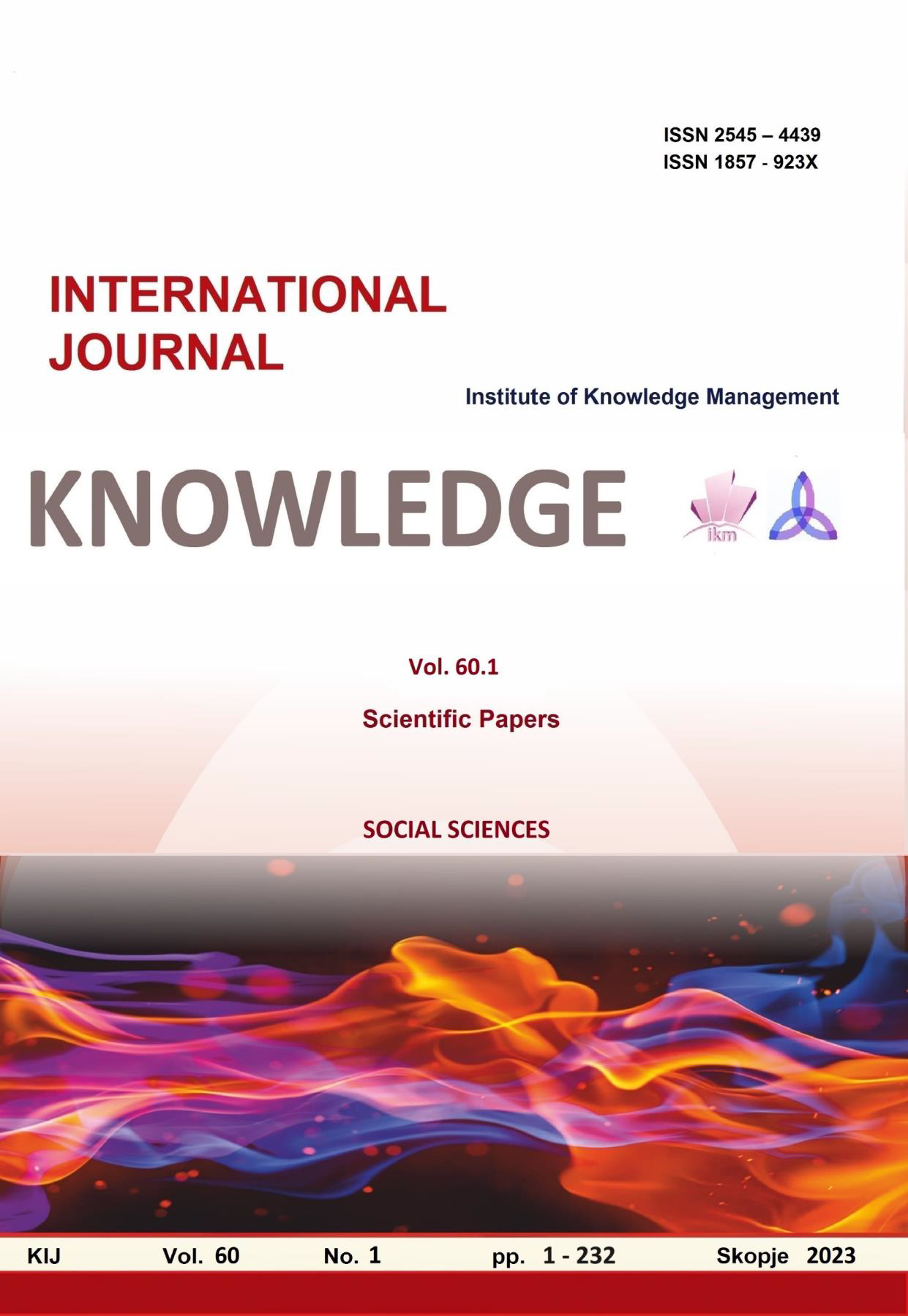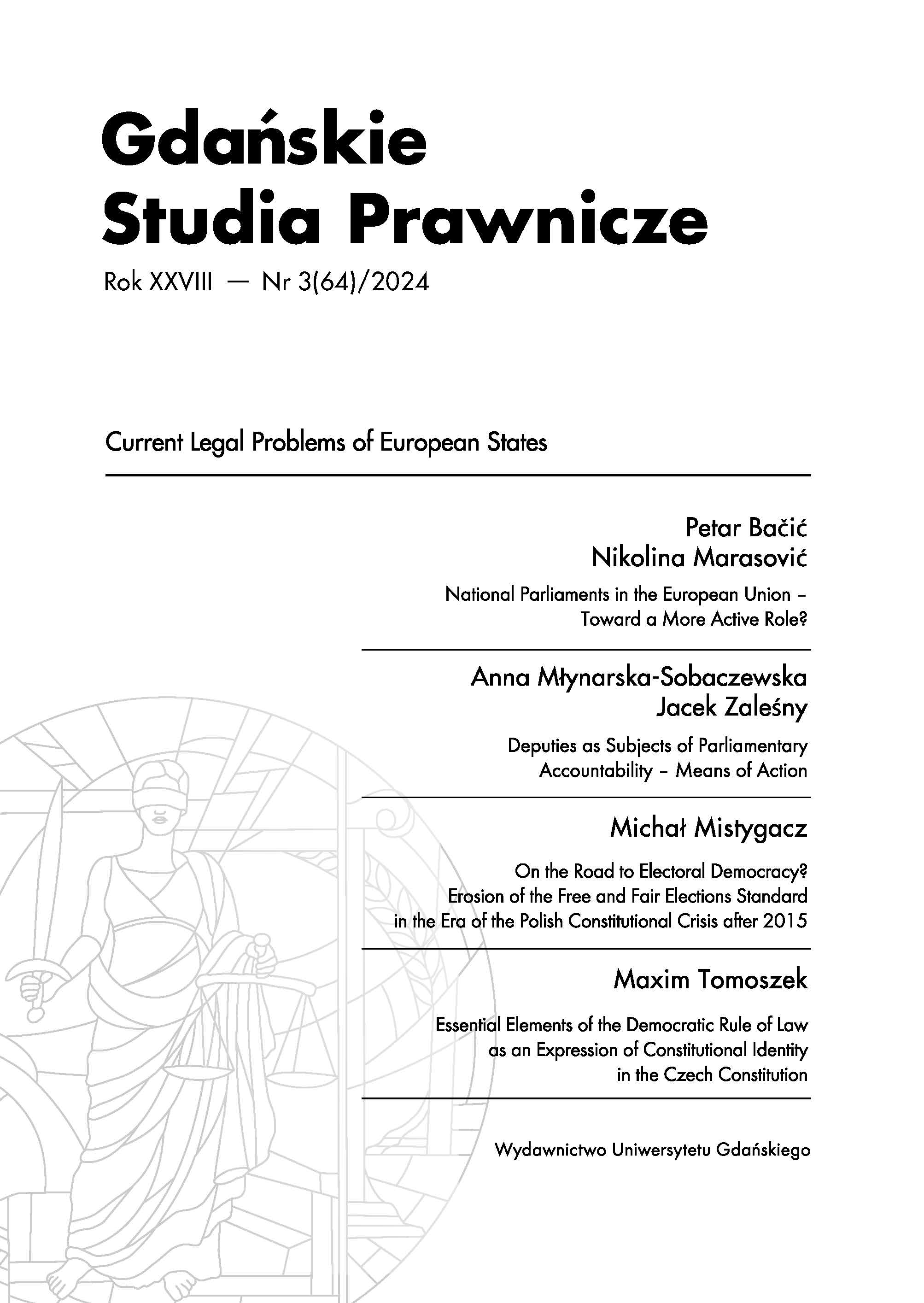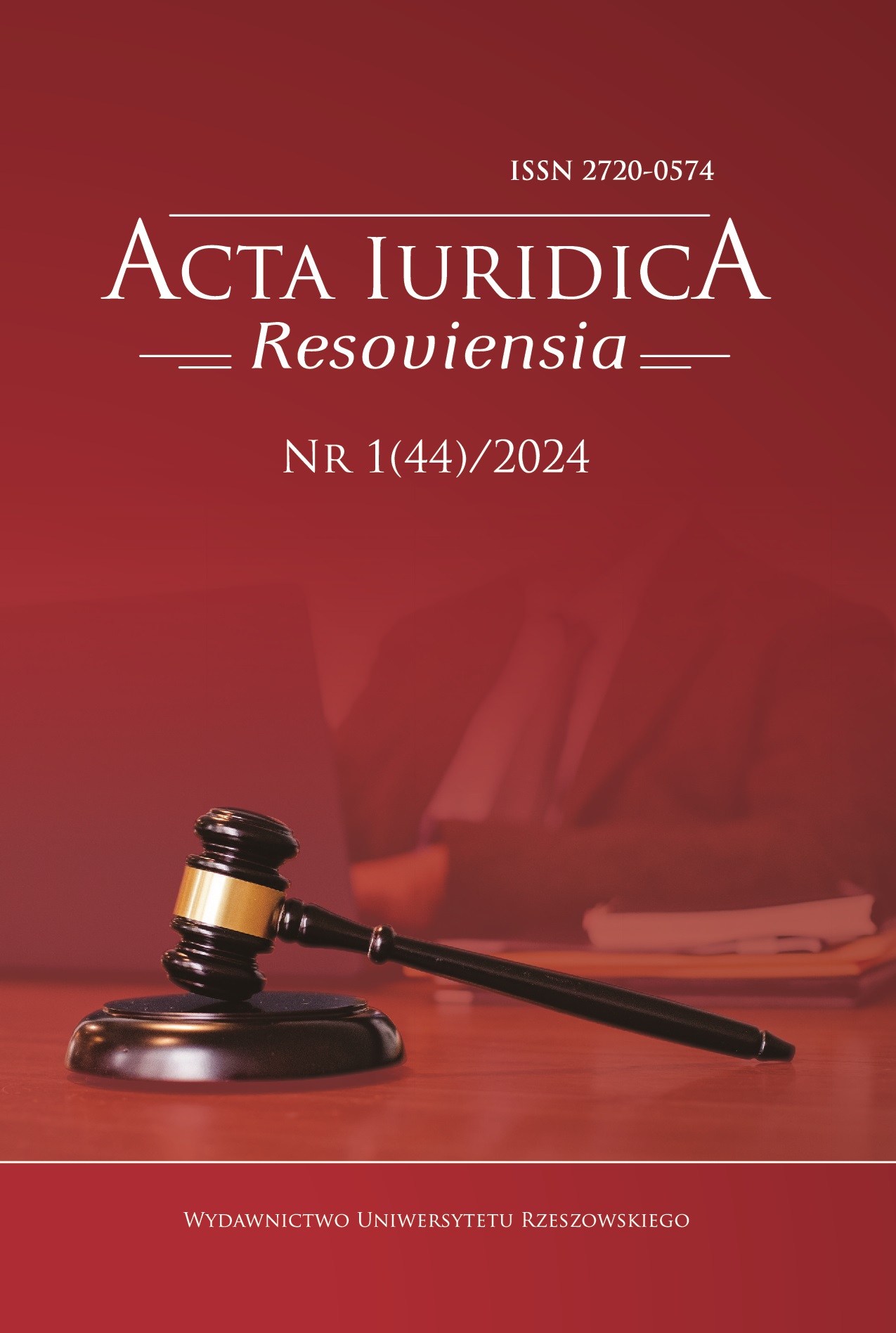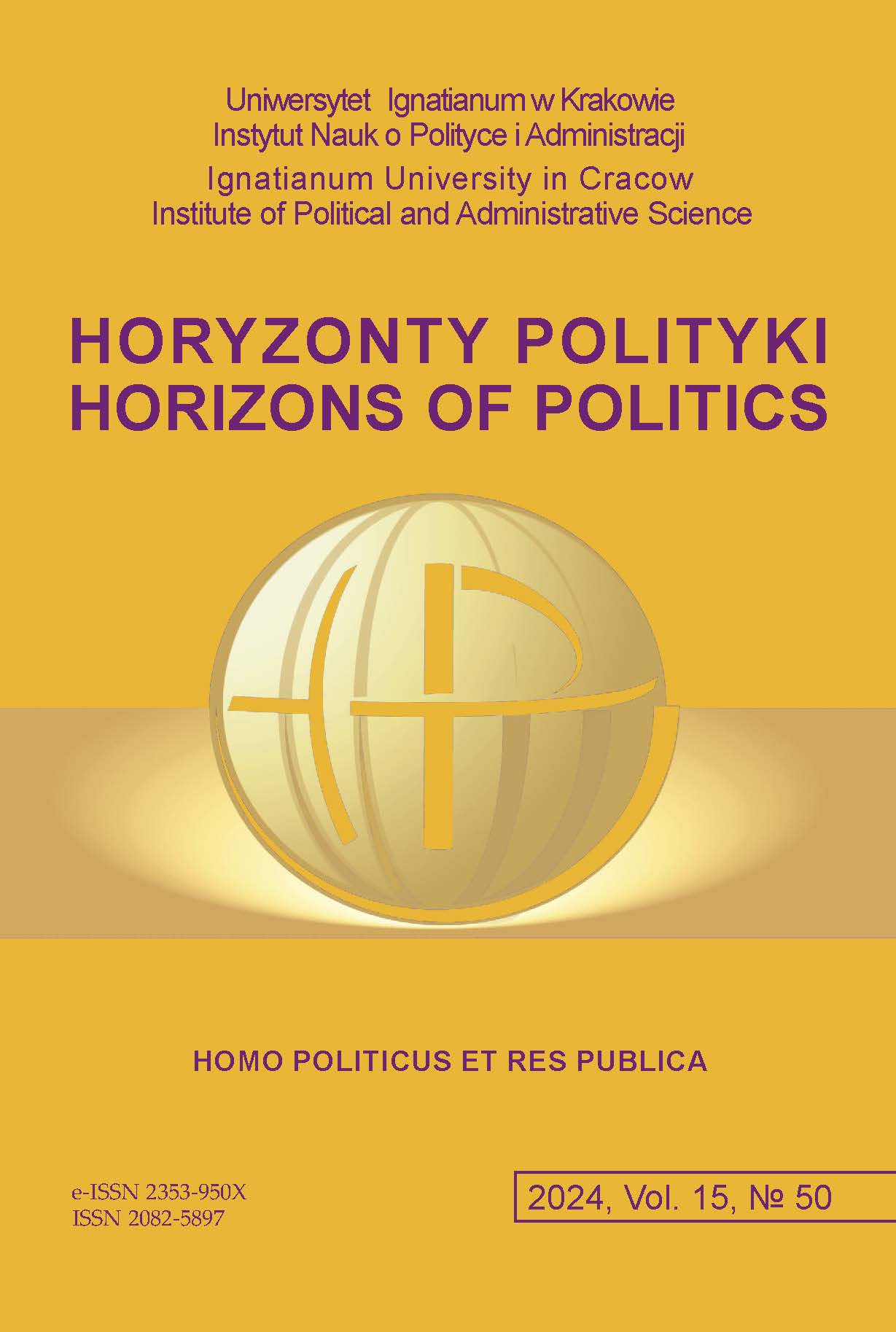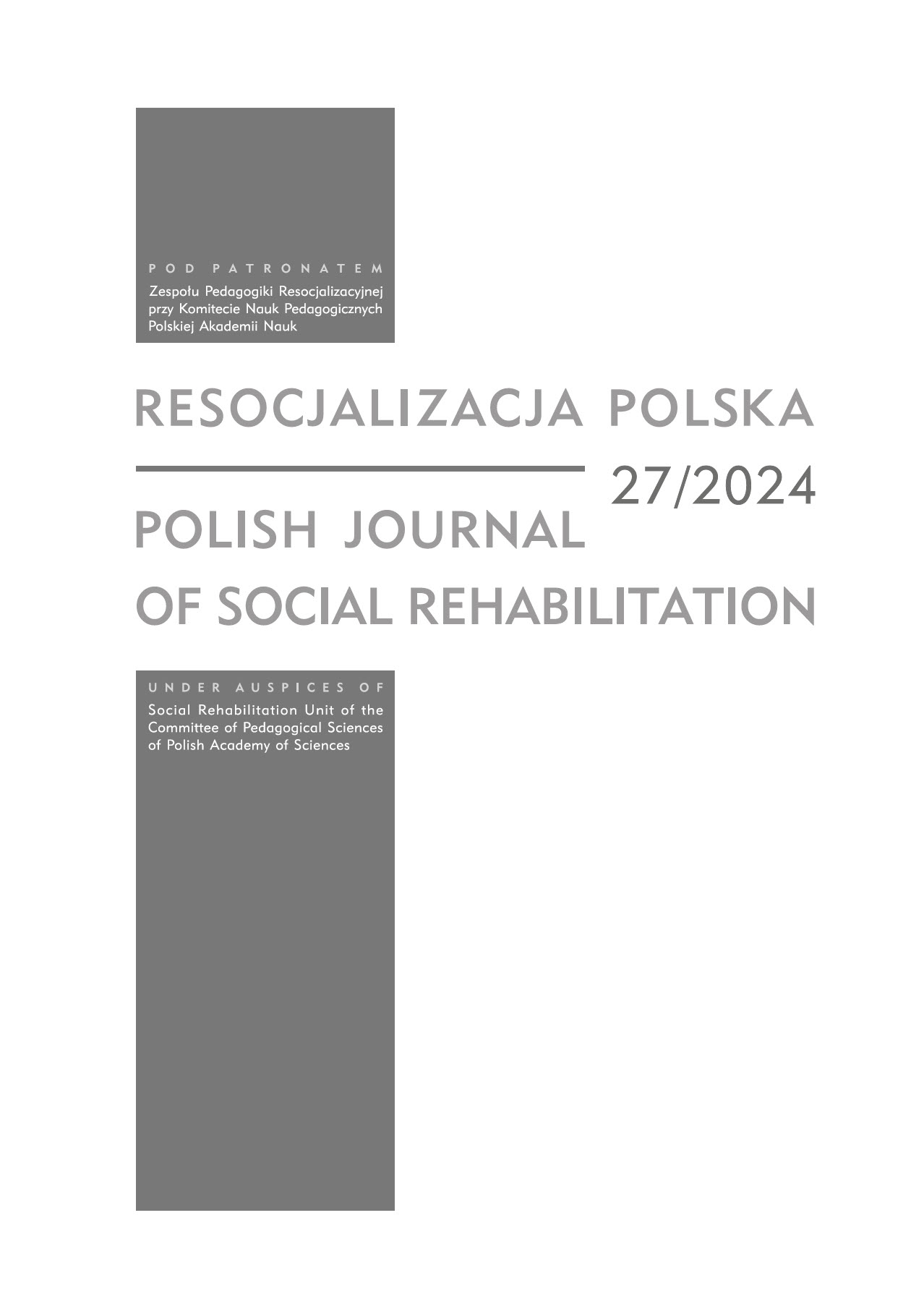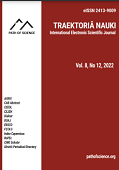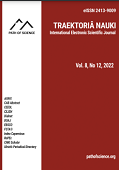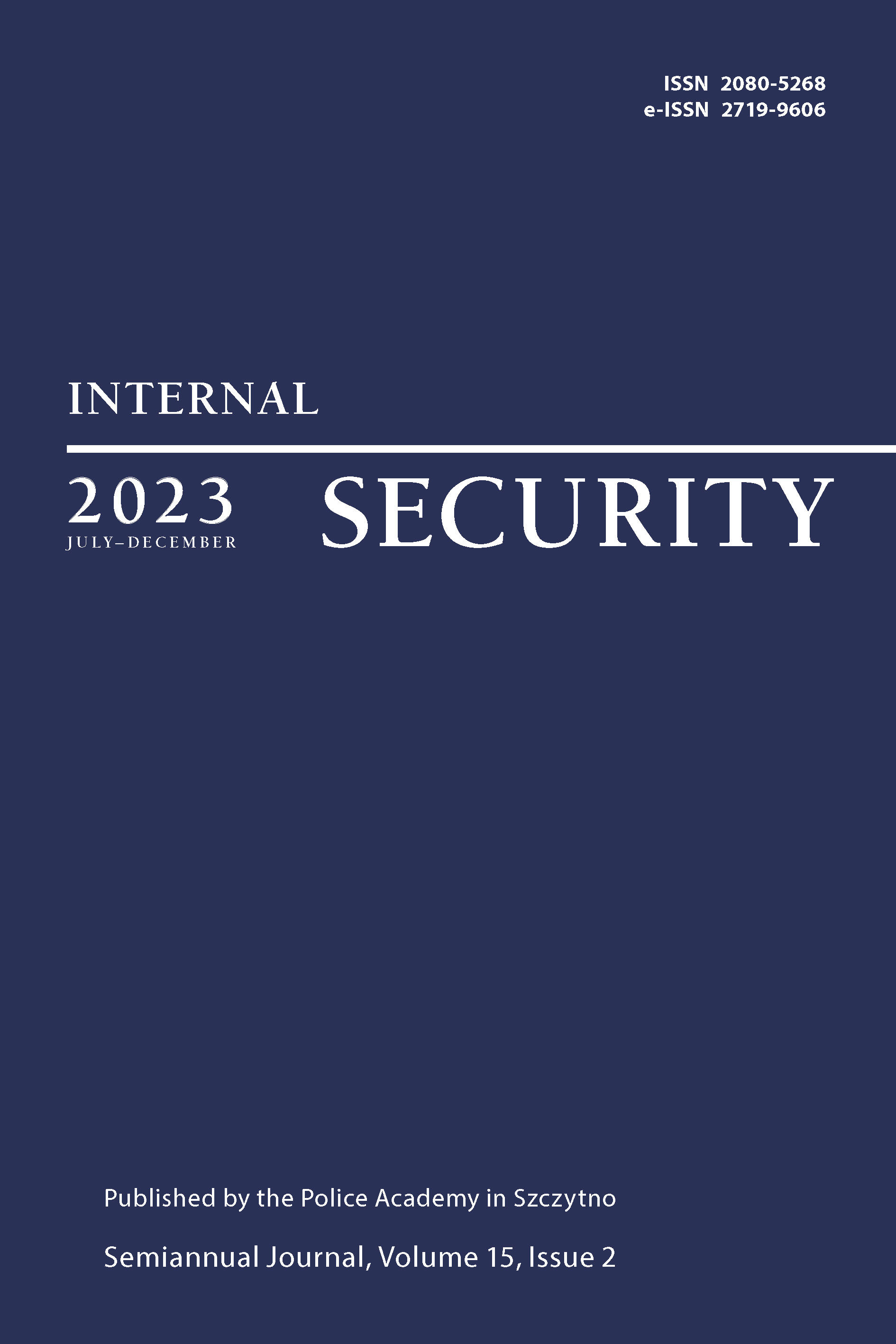
Empowering EU Law Enforcement: Teaching Security Risk Analysis With the Frontex Common Integrated Risk Analysis Model (CIRAM)
The security landscape of the European Union (EU) is in constant flux, shaped by a myriad of complex, cross border threats. To safeguard their citizens and protect vital institutions, EU law enforcement agencies require enhanced capabilities in security risk analysis. This paper highlights the critical importance of teaching security risk analysis, with a specific focus on the Frontex Common Integrated Risk Analysis Model (CIRAM), in fortifying the capacities of EU law enforcement. Originally crafted to address EU border security challenges, CIRAM offers a universal framework for assessing security risks and vulnerabilities systematically. It encompasses threat identification, vulnerability assessment, and the estimation of potential security incident consequences. Teaching EU law enforcement agencies the principles and applications of CIRAM empowers them to tackle both region-specific security challenges and encourages collaboration among EU member states. The research methodology of this paper combines academic literature and the author’s practical expertise. It conducts a comprehensive review of existing academic and official literature about CIRAM, laying the theoretical foundation for the study. Furthermore, the author’s certified risk analyst trainer status with Frontex provides unique insights into the practical aspects of CIRAM, offering a holistic understanding of its utilisation in training EU law enforcement personnel and its application in real-world operational scenarios. This dual-pronged approach ensures a well-rounded exploration of CIRAM’s role in enhancing security risk analysis for EU law enforcement, providing valuable insights for policymakers, practitioners, and trainers.
More...
